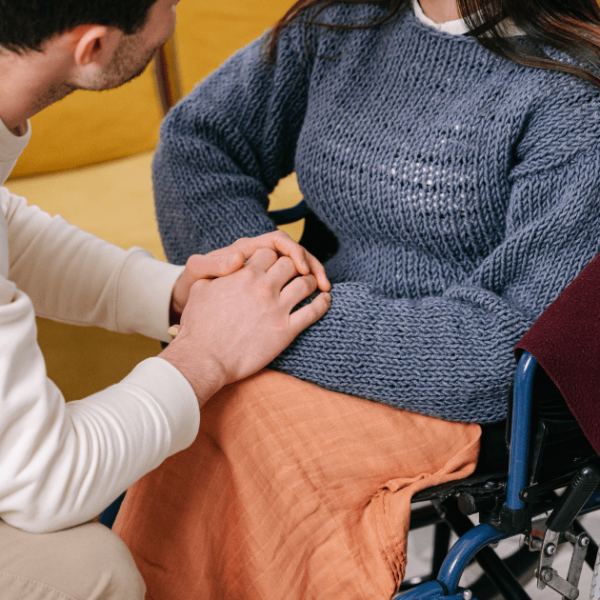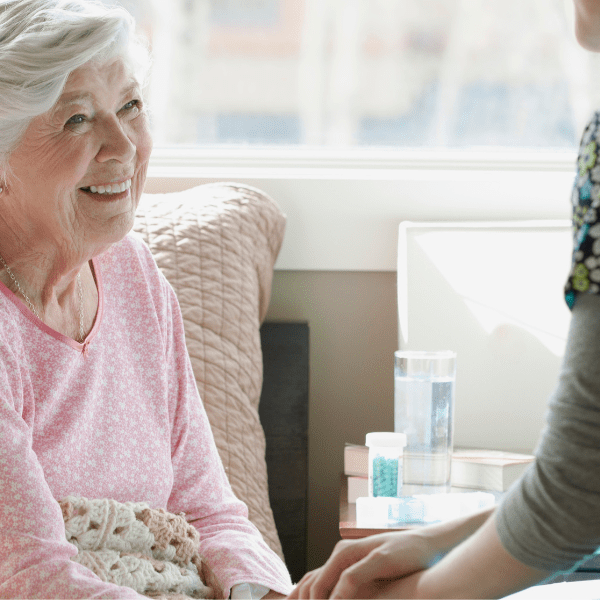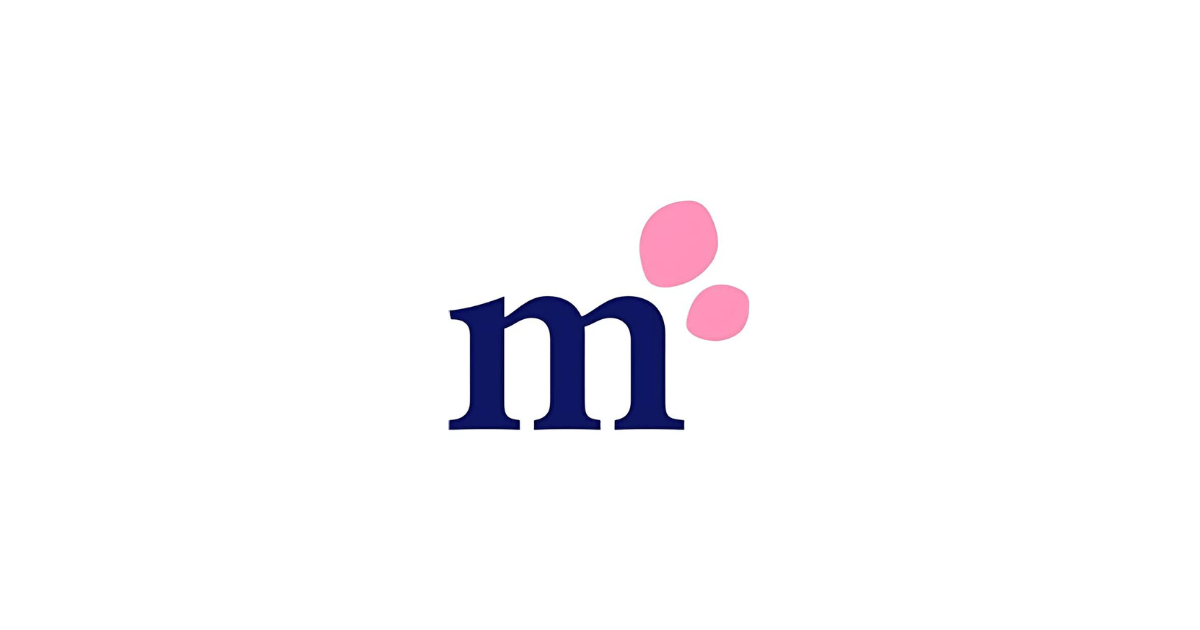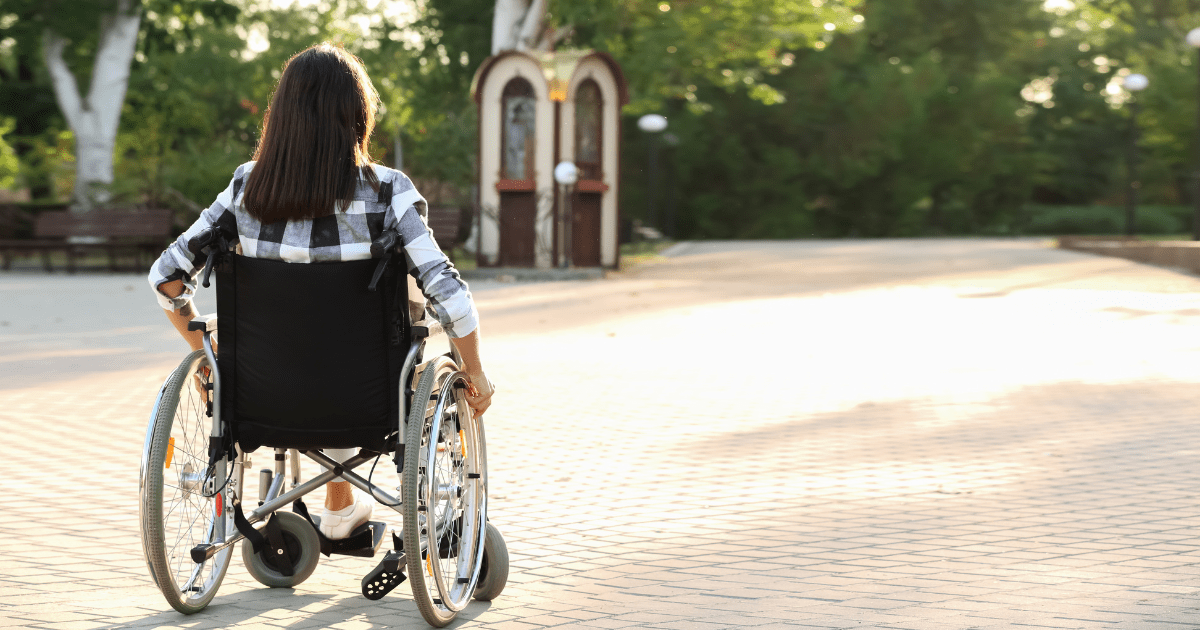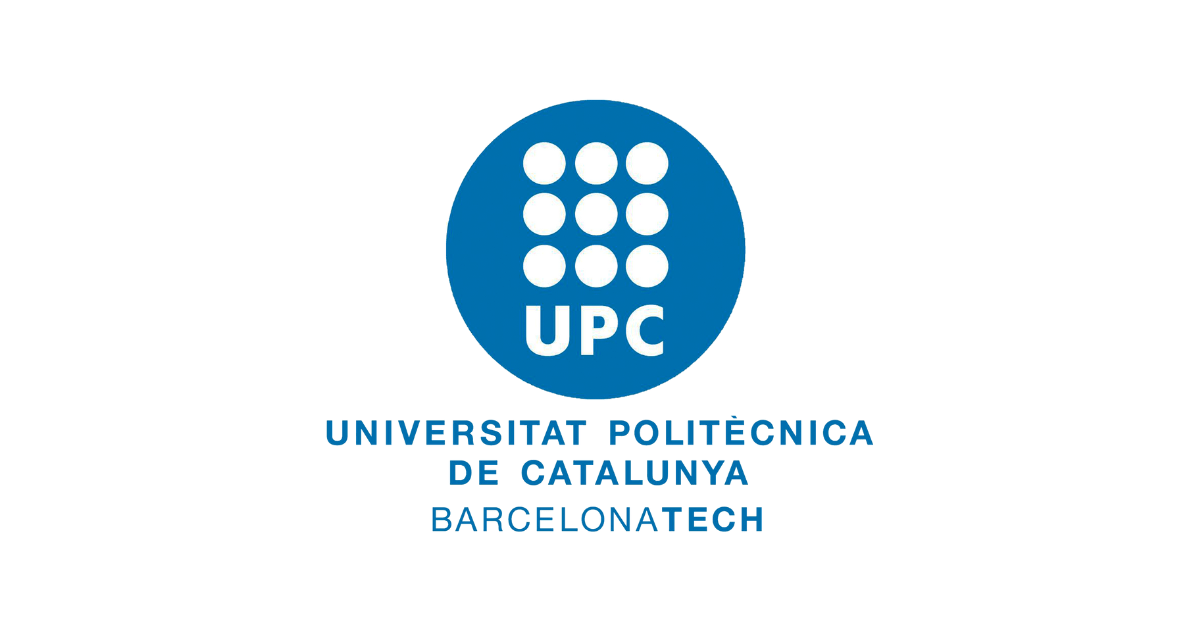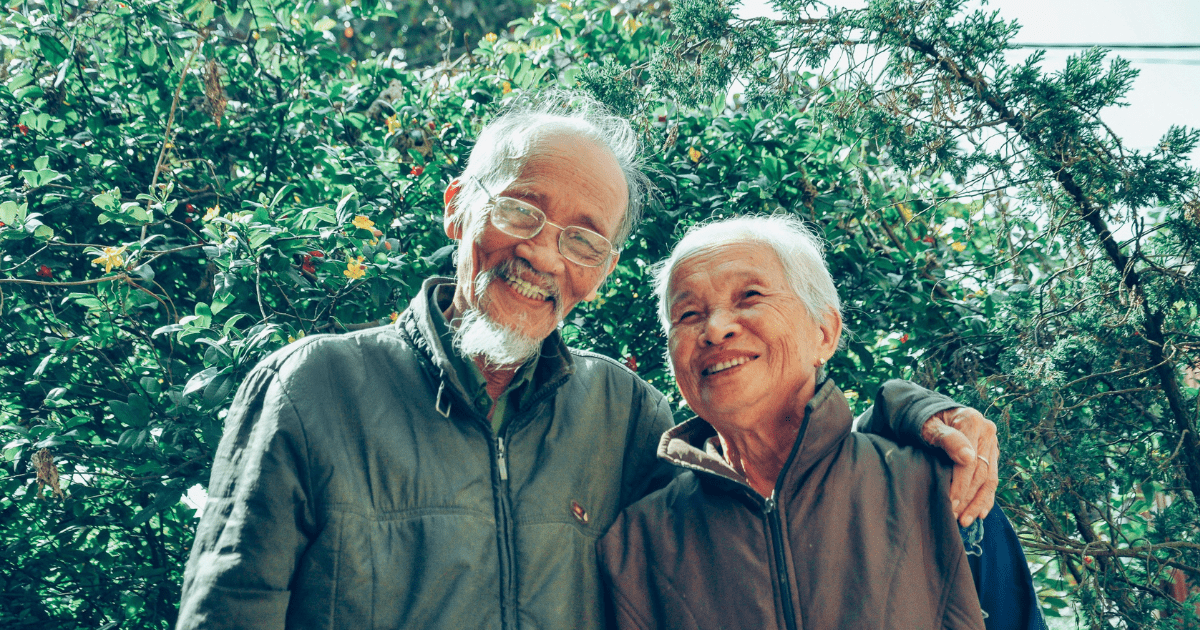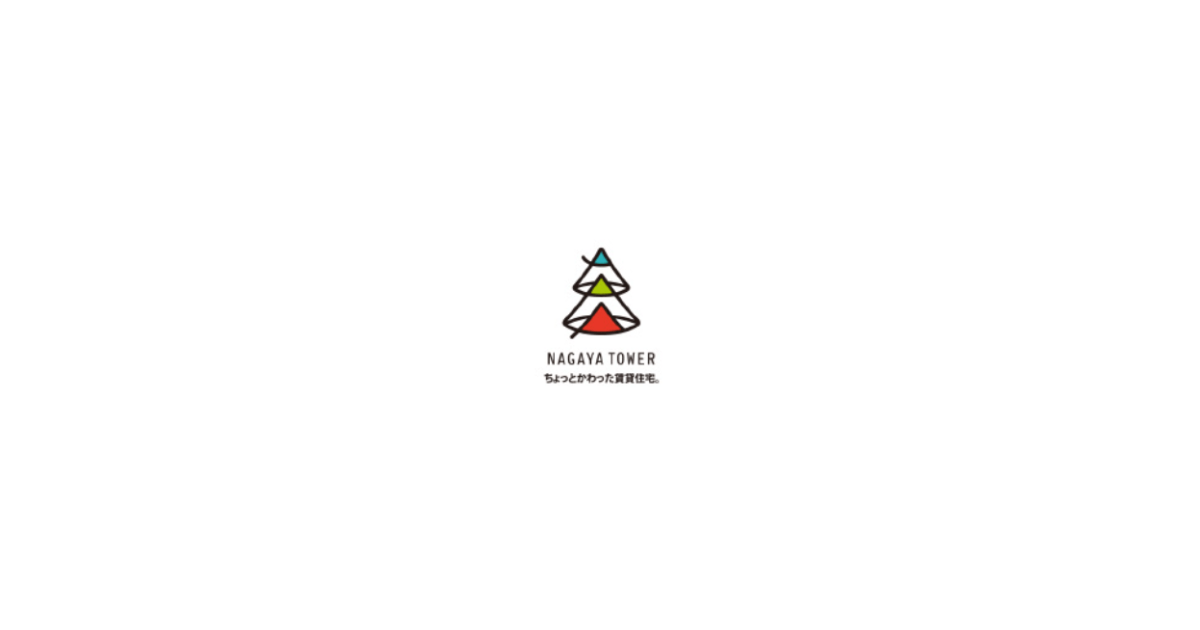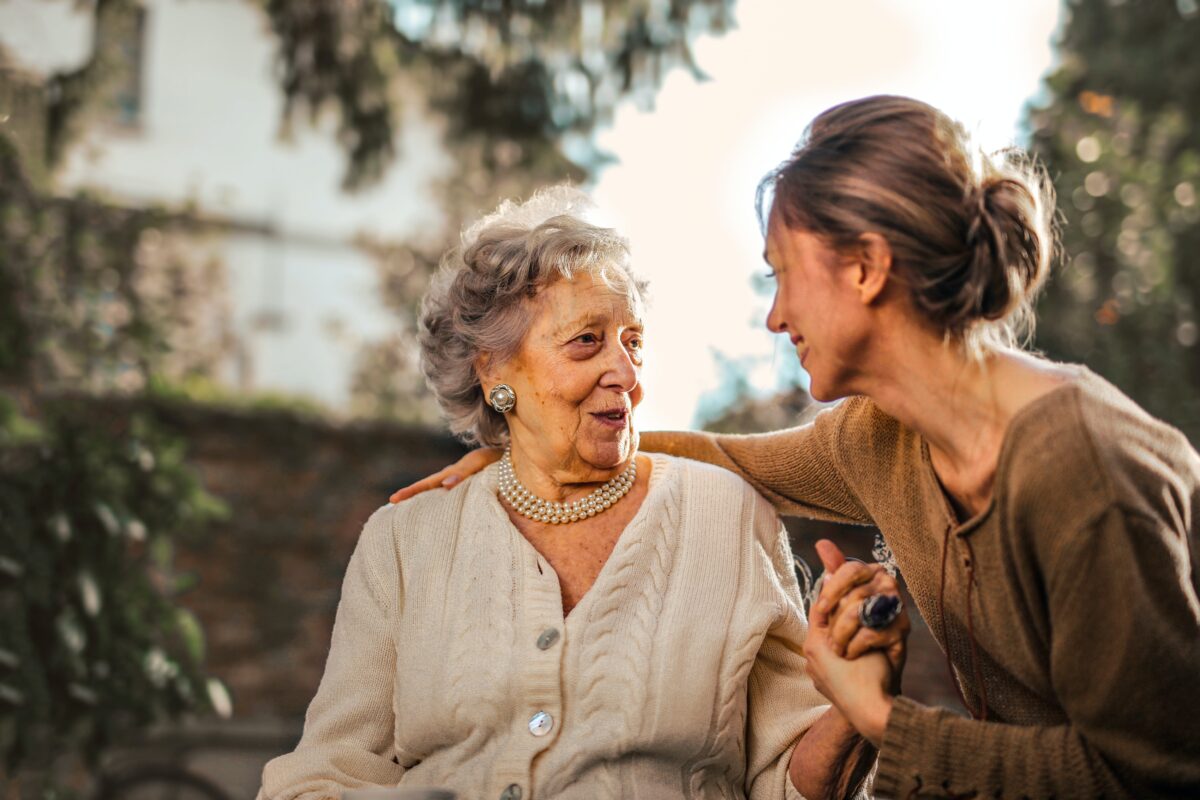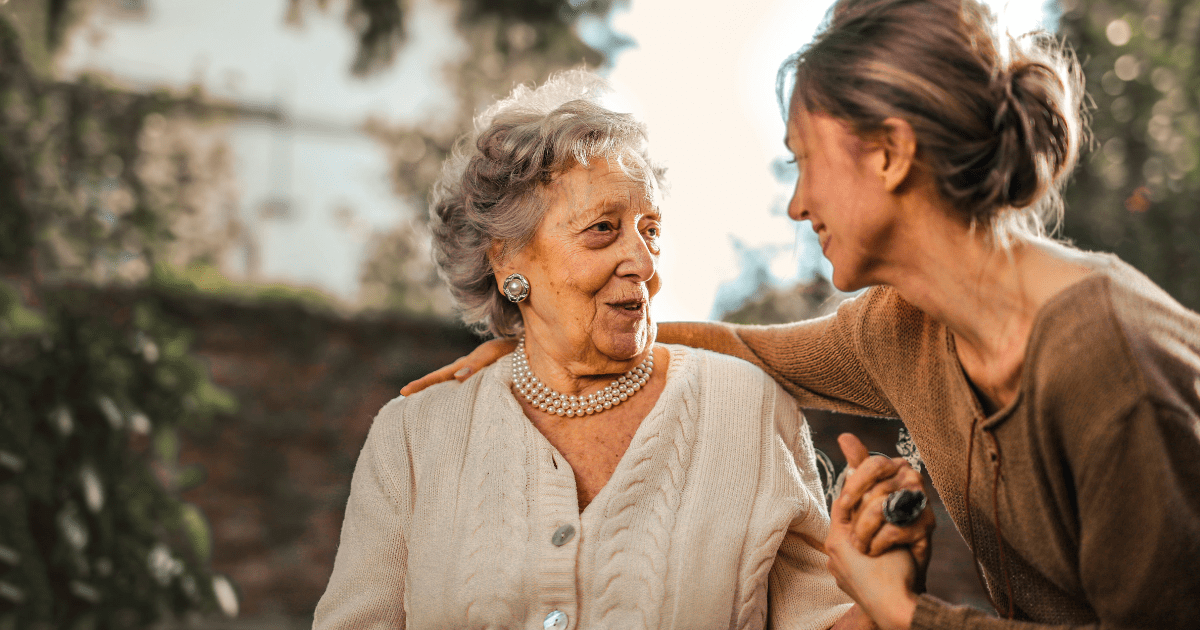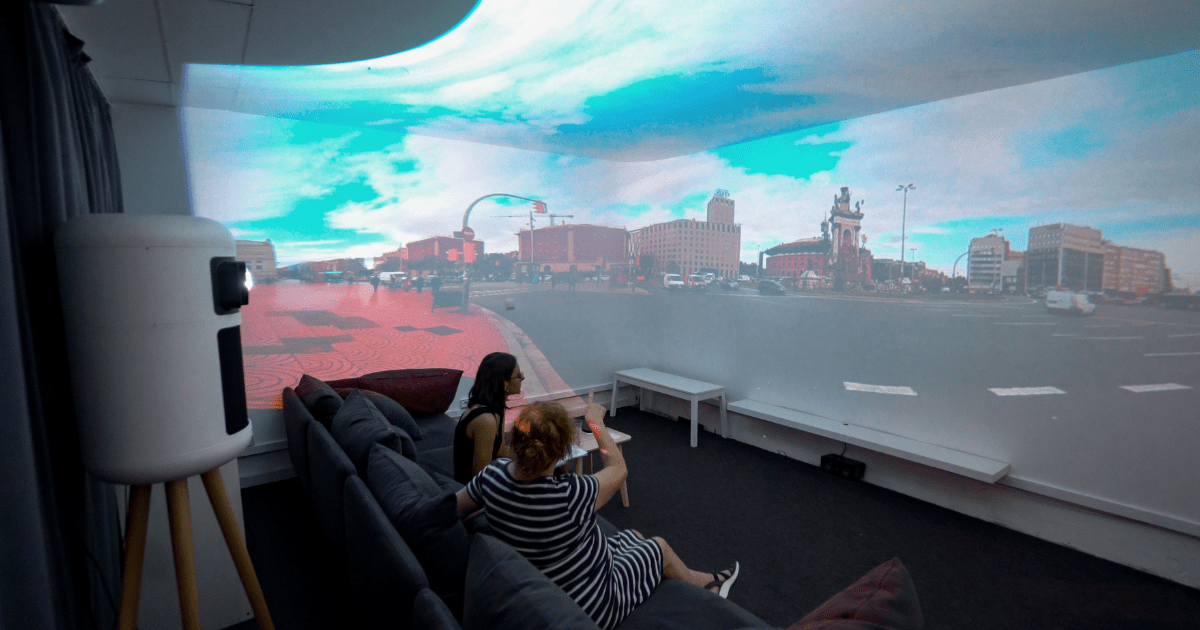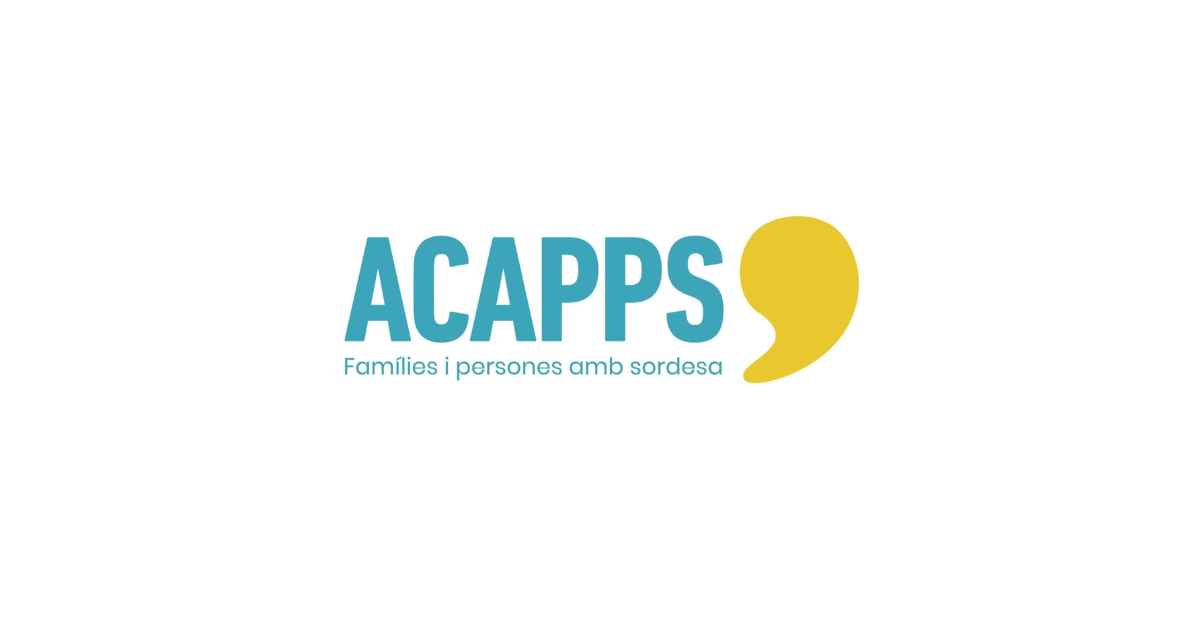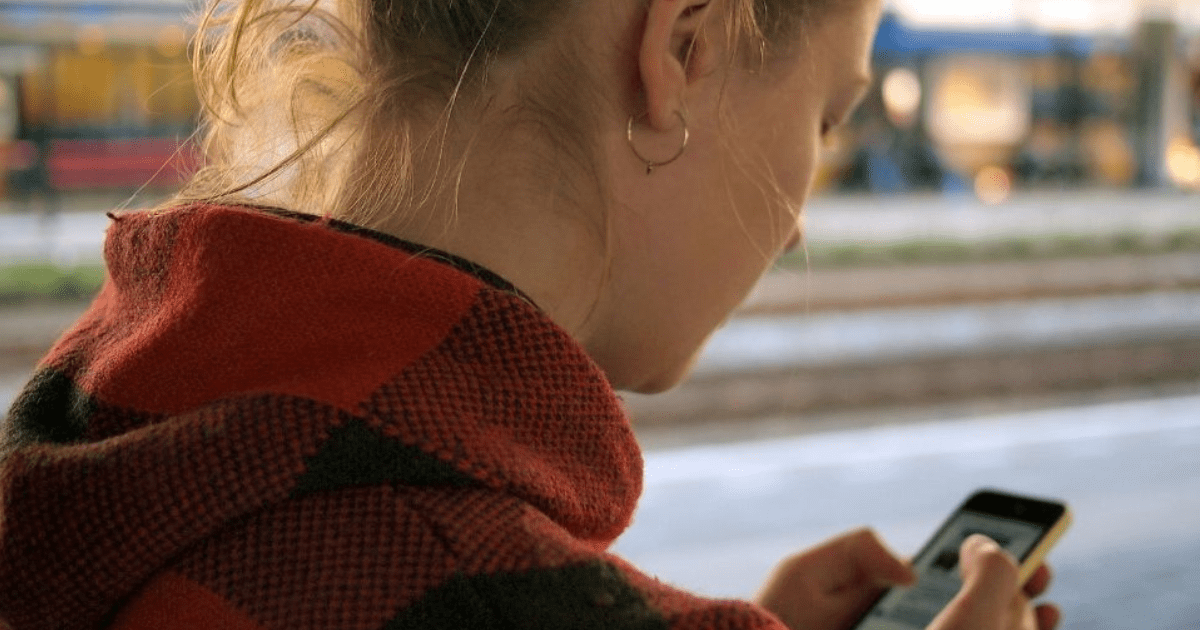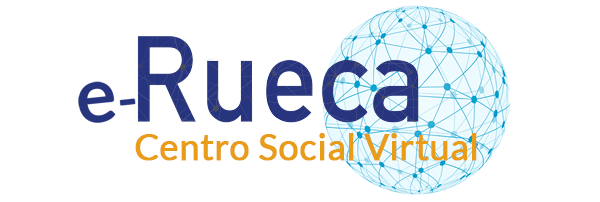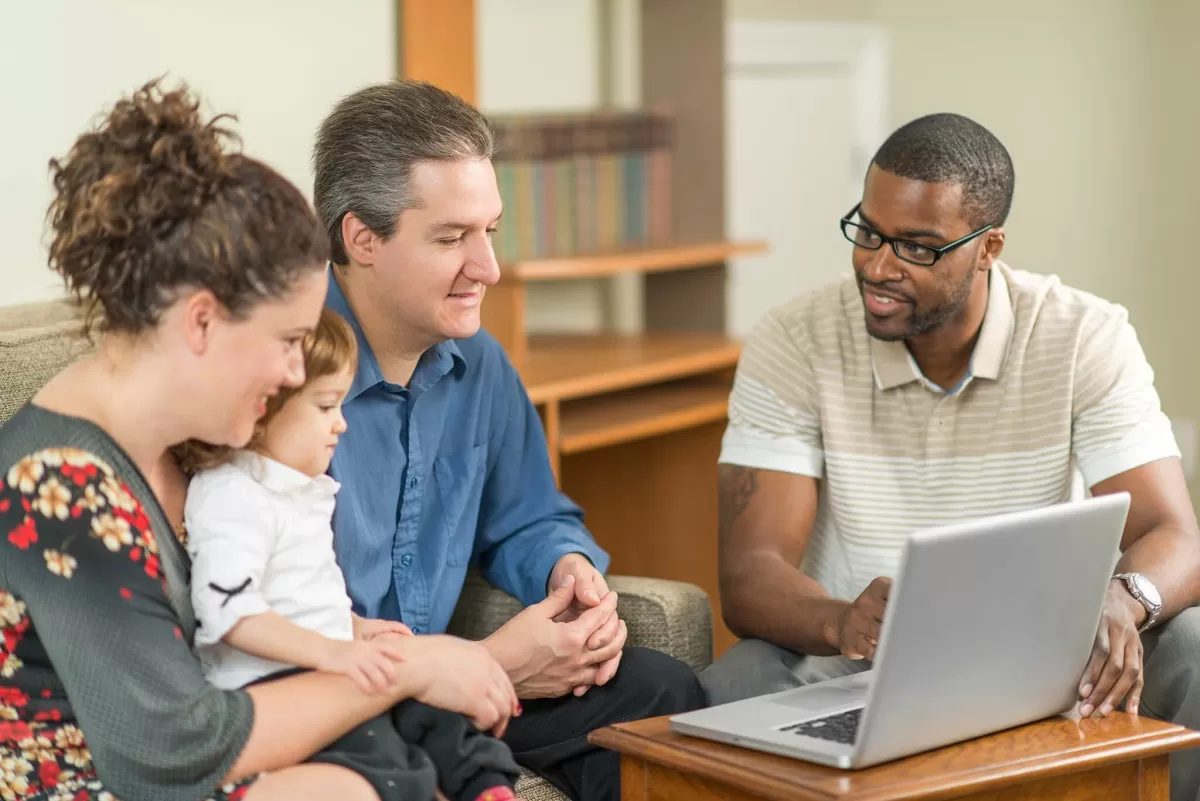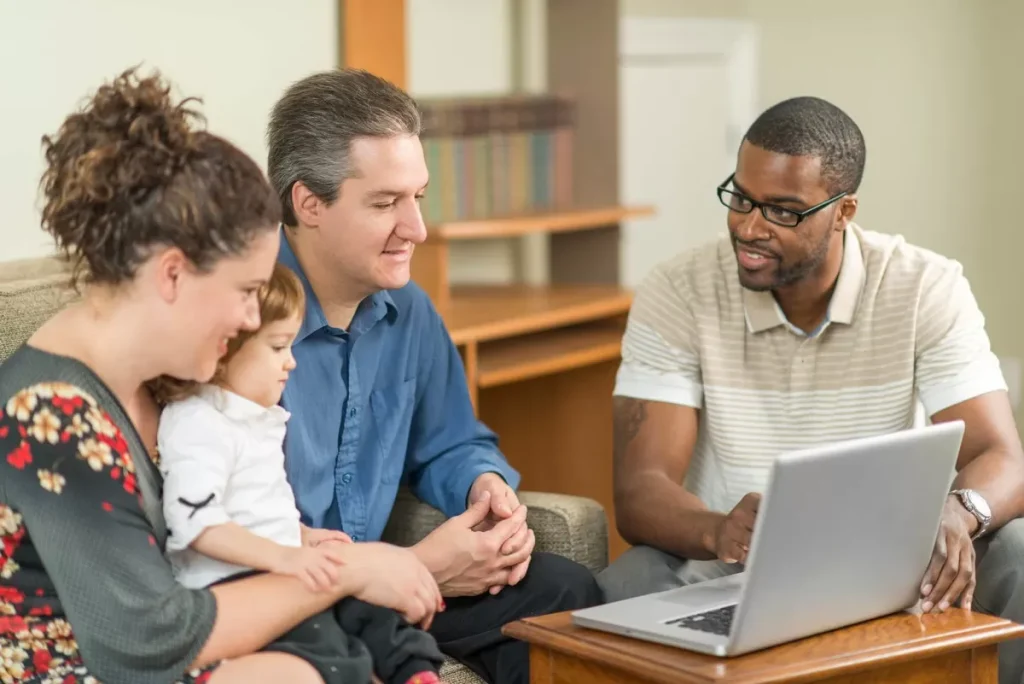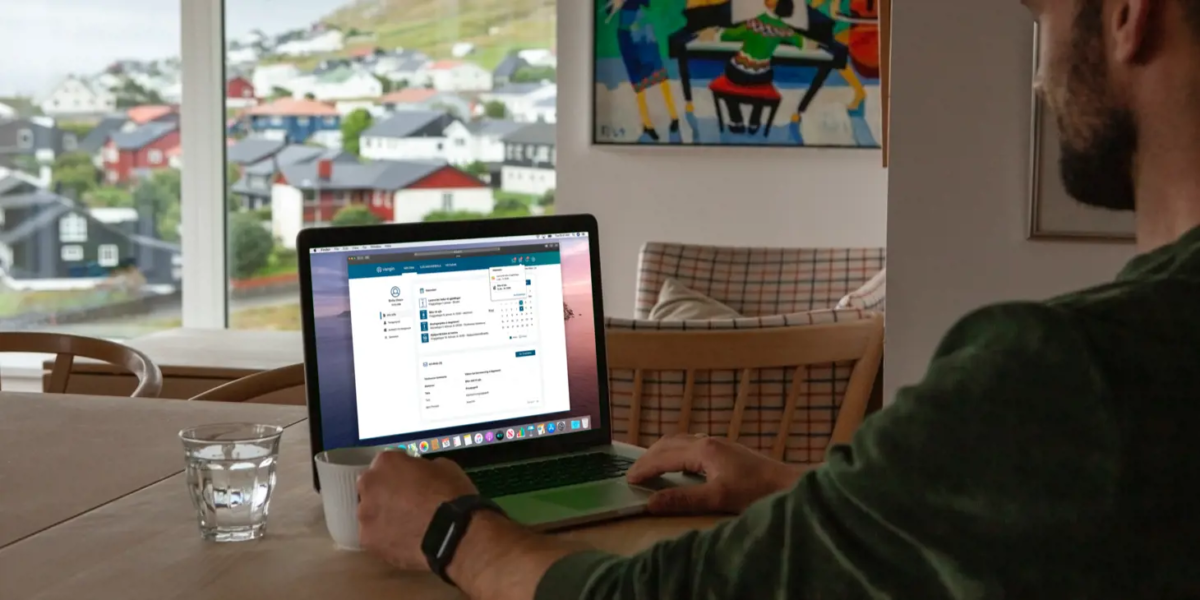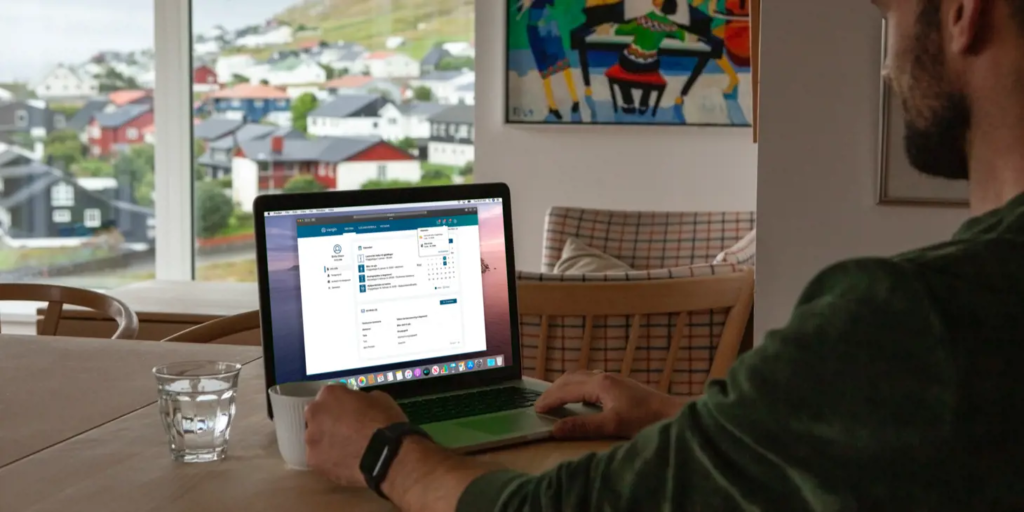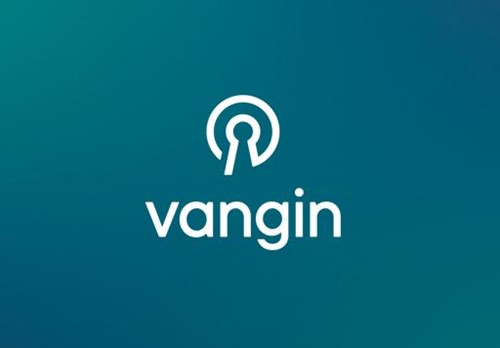FOKUS PI, an application that facilitates digital social planning
FOKUS PI, an application that facilitates digital social planning
Kreis Pinneberg
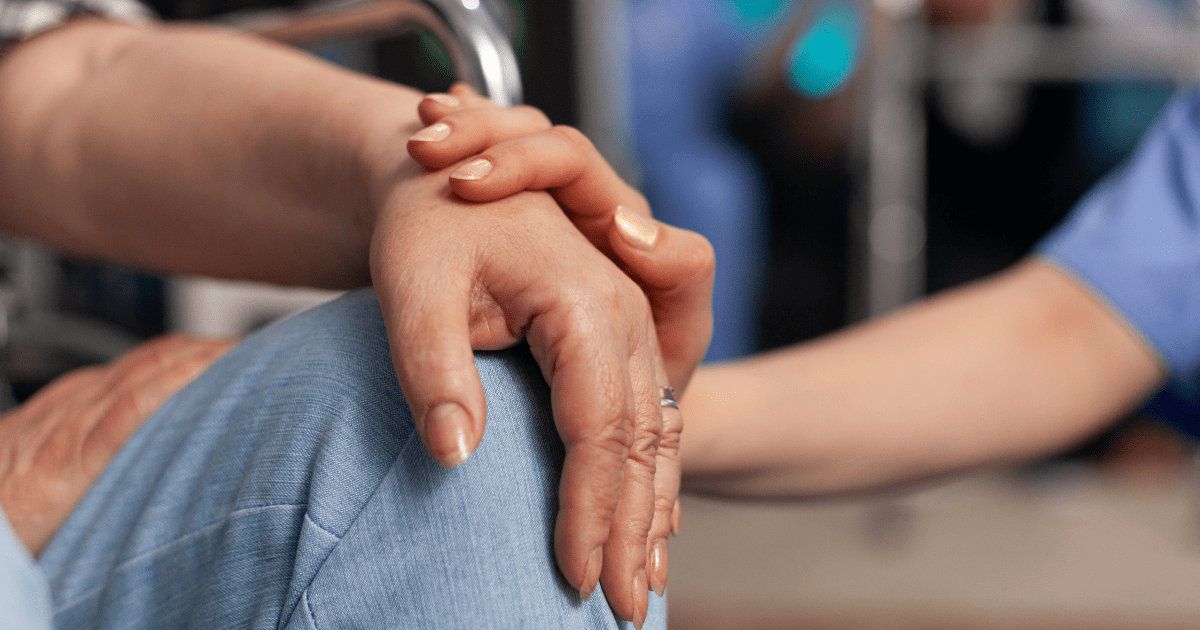
A decision-making support tool for professionals in the social, healthcare, and educational sectors
FOKUS PI is an innovative application developed by the district of Pinneberg that facilitates digital social planning and decision-making in the social, healthcare, and educational sectors. The app acts as a support tool for politicians and administrators, providing key information and data-based recommendations for shaping social policies.
The application collects and presents complex data in an accessible manner, facilitating evidence-based decision-making. In this way, resource distribution and users’ living conditions can be improved.
FOKUS PI also provides specific recommendations for professionals through interactive charts, reports, maps, and indicators. The tool stands out for its simple structure, technological connectivity, and commitment to data protection.
Characteristics of innovation
Localization
Germany
Partners / Funders
Genesis
FOKUS PI is an app created by the Department of Family, Participation, and Social Affairs of the Pinneberg district (Schleswig-Holstein, Germany) with the goal of facilitating professional decision-making in social planning within the district.
Level of implementation
The FOKUS PI application achieved first place in the national communication award “PR Report Award” in 2022.
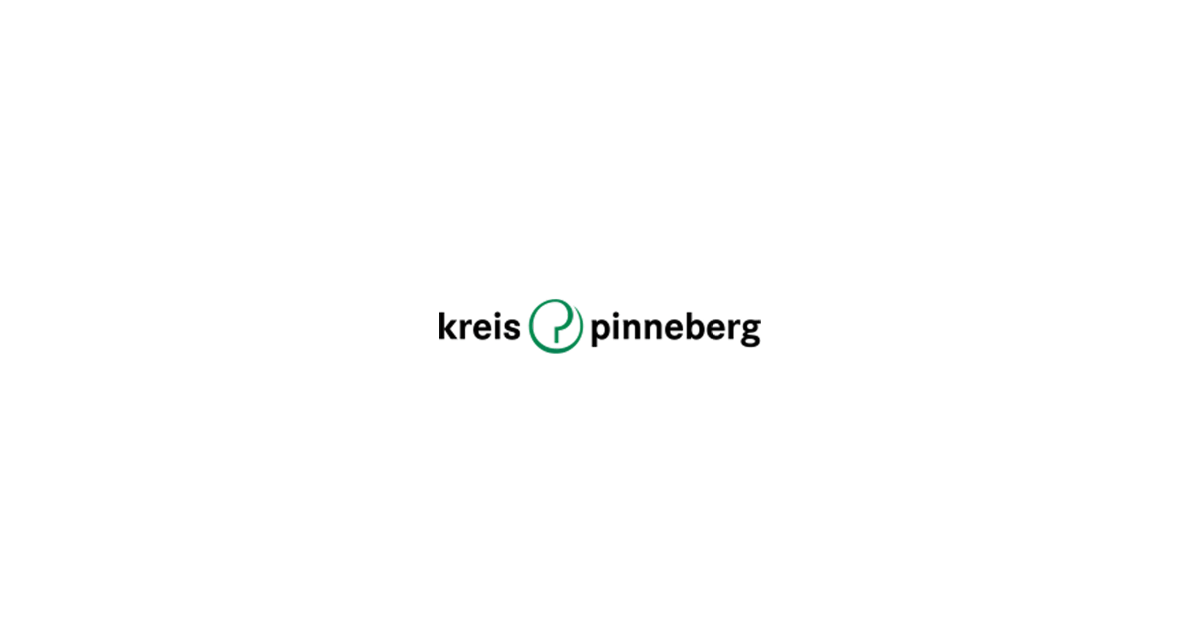
Banc d’innovacions

